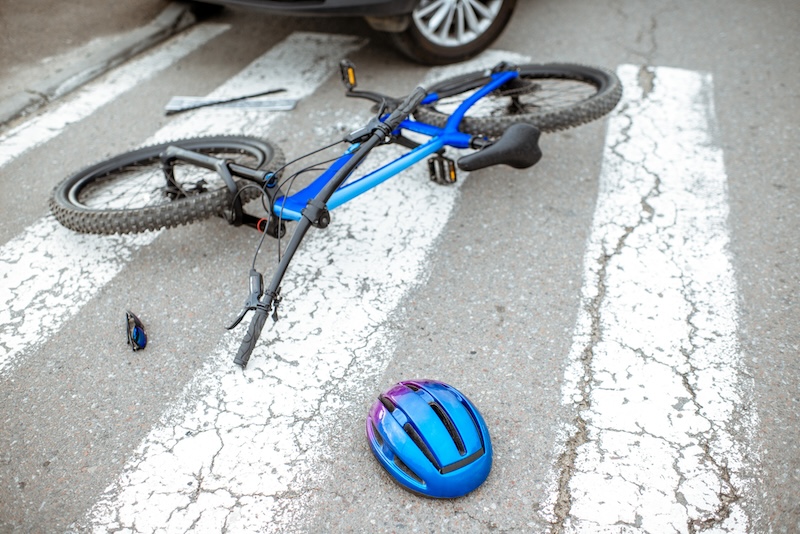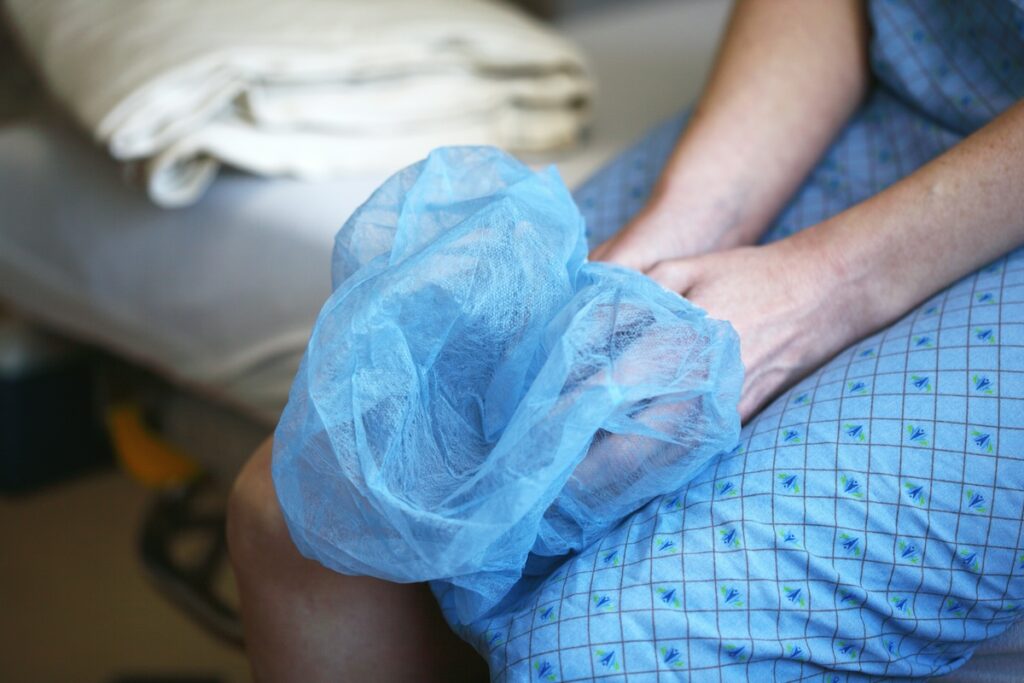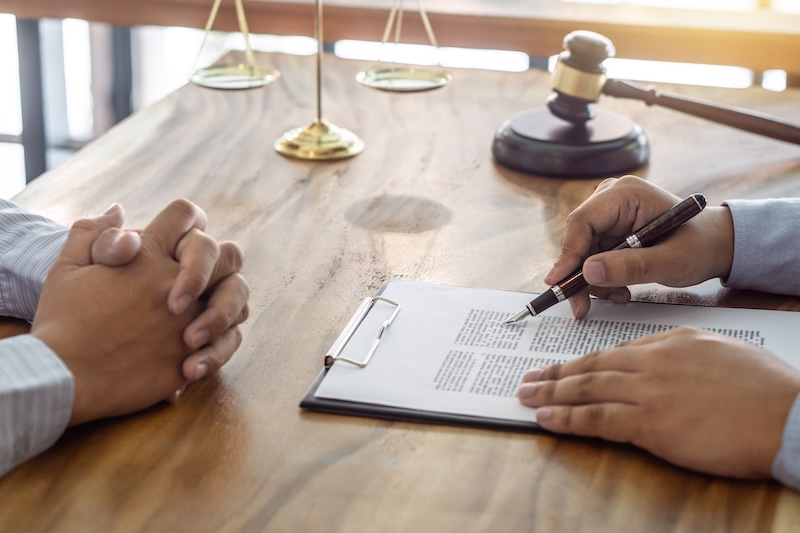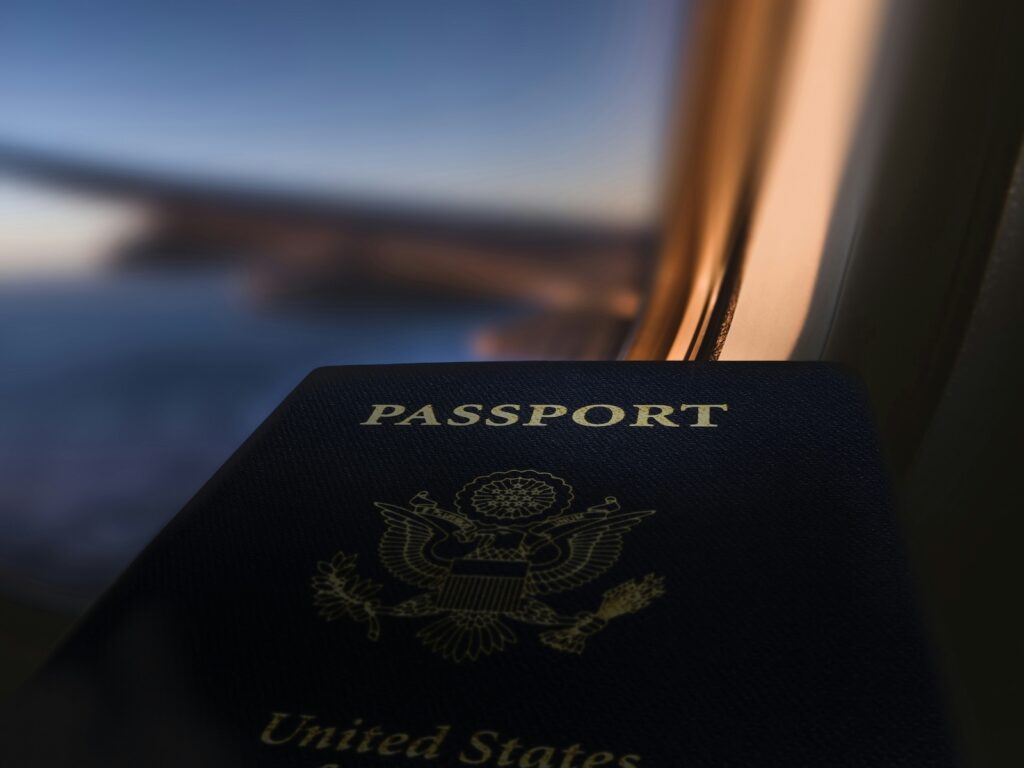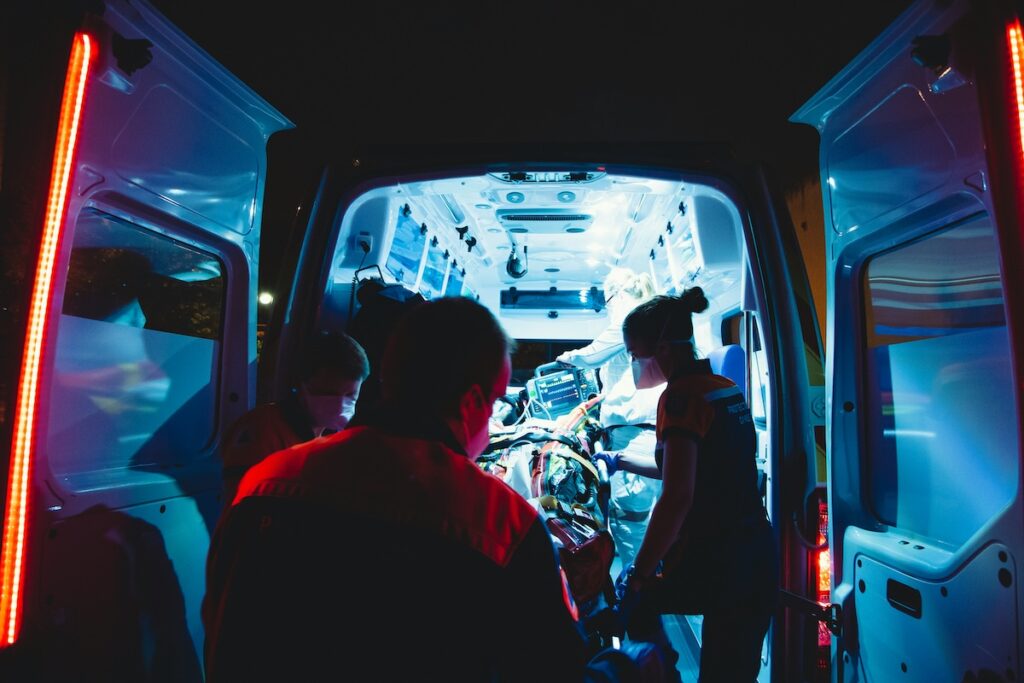In the aftermath of an accident, whether it’s a car crash, slip and fall, or workplace incident, the actions you take can significantly impact any future legal claims. One of the most crucial steps is gathering evidence at the scene. This article will explain why collecting evidence is so important and provide guidance on what to do if you find yourself in such a situation.
Why Gathering Evidence Matters
- Preserves Critical Information: Accident scenes change quickly. Weather conditions shift, vehicles are moved, and witnesses leave. Gathering evidence immediately helps preserve the scene as it was at the time of the incident.
- Supports Your Claim: Strong evidence can substantiate your version of events and strengthen your case if you need to file an insurance claim or lawsuit.
- Helps Determine Fault: Proper documentation can help establish who was at fault for the accident, which is crucial for determining liability.
- Assists in Calculating Damages: Evidence of property damage and injuries can help in accurately assessing the compensation you may be entitled to.
- Counters Disputed Facts: If the other party disputes your account of the accident, having concrete evidence can help resolve disagreements.
What Evidence to Gather
1. Photographs and Videos
- When possible take pictures of the entire accident scene from multiple angles
- Capture close-ups of damage to vehicles or property
- Document any visible injuries
- Record road conditions, traffic signs, or hazards that may have contributed to the accident
2. Witness Information
- Collect names and contact details of any witnesses
3. Official Reports
- Call the police to the scene
- Obtain a copy of the police report
4. Personal Notes
- Write down your recollection of the events as soon as possible
- Note the date, time, weather conditions, and any other relevant details
5. Medical Records
- Seek medical attention promptly, even for seemingly minor injuries
- Keep all medical reports and bills related to the accident
6. Physical Evidence
- Preserve any objects involved in the accident, if possible
- For slip and fall cases, keep the shoes and clothing you were wearing
Tips for Effective Evidence Gathering
- Prioritize Safety: Always ensure your safety and the safety of others before attempting to gather evidence.
- Be Thorough: The more detailed your evidence, the better. It’s better to have too much information than not enough.
- Act Quickly: Some evidence, like skid marks or security camera footage, may not be available for long after the accident.
- Stay Objective: Focus on documenting facts rather than assigning blame or making accusations.
- Use Technology: Most smartphones have high-quality cameras and note-taking apps. Utilize these tools to your advantage.
- Seek Legal Advice: Consult with a personal injury attorney as soon as possible. They can provide guidance on what additional evidence might be needed.
When You Can’t Gather Evidence Immediately
Sometimes, due to injuries or other circumstances, you may not be able to gather evidence at the scene. In such cases:
- Ask a friend or family member to go to the scene as soon as possible
- Return to the scene later to take photographs if it’s safe and legal to do so
- Request copies of any available surveillance footage from nearby businesses
- Follow up with the police for the official accident report
Conclusion
Gathering evidence at the scene of an accident is a crucial step in protecting your legal rights. It can make the difference between a successful claim and one that falls short. By being prepared and knowing what to do in the event of an accident, you can ensure that you have the best possible foundation for any future legal action.
Remember, while gathering evidence is important, your health and safety should always be the top priority. If you’re injured, seek medical attention first. And when in doubt, consult with a qualified personal injury attorney who can guide you through the process and help you understand your rights and options.



